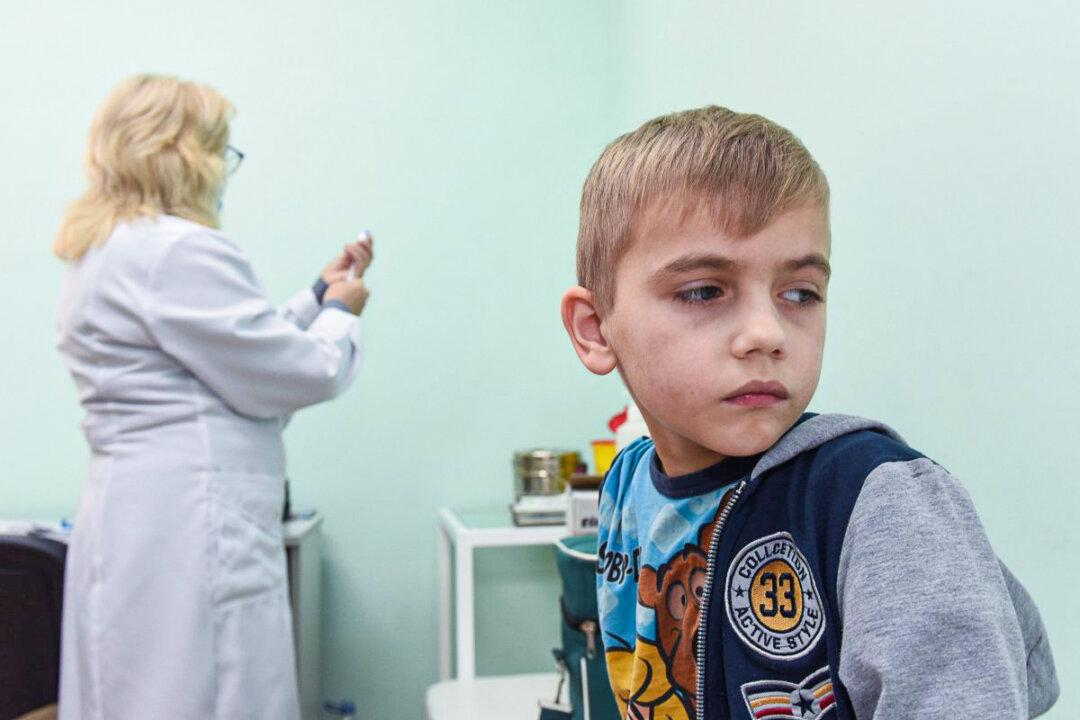The world is at risk of major measles outbreaks as tens of millions of infants missed their vaccination last year, the U.S. Centers for Disease Control and Prevention (CDC) and the World Health Organization (WHO) warned on Nov. 10.
Even though the 2020 number of reported measles cases worldwide has dramatically dropped compared to 2019, the risk of outbreaks is mounting because, among other disruptions caused by the COVID-19 pandemic, more than 22 million infants didn’t receive their first dose of measles vaccine, the WHO and the CDC said in a new report.





